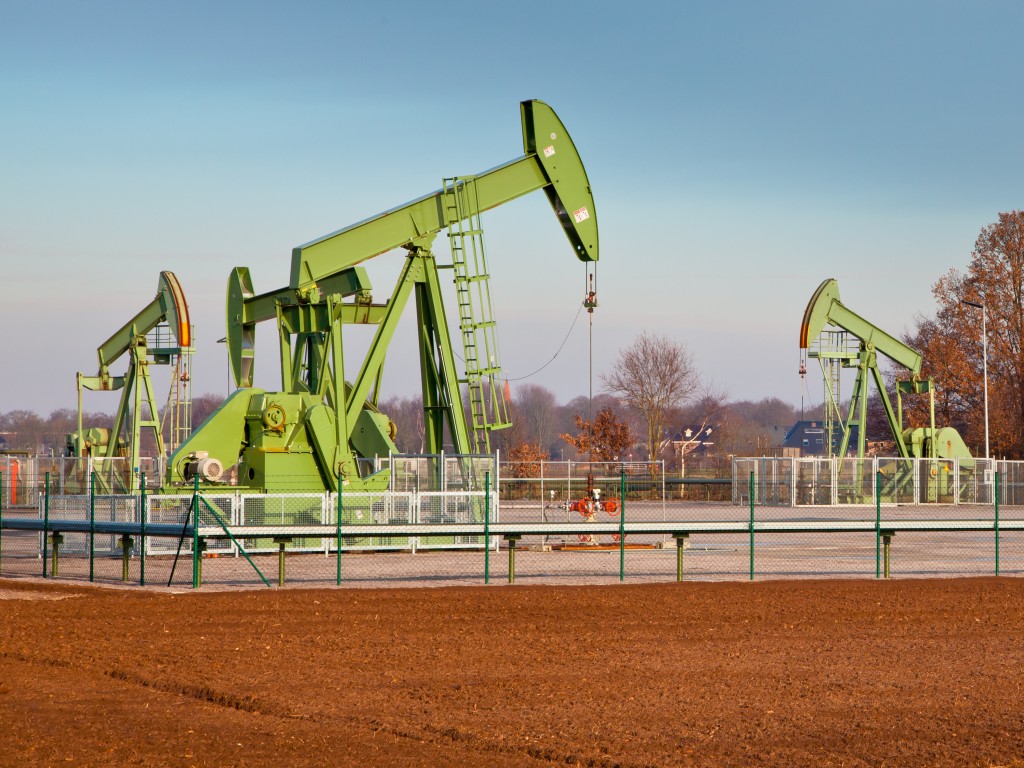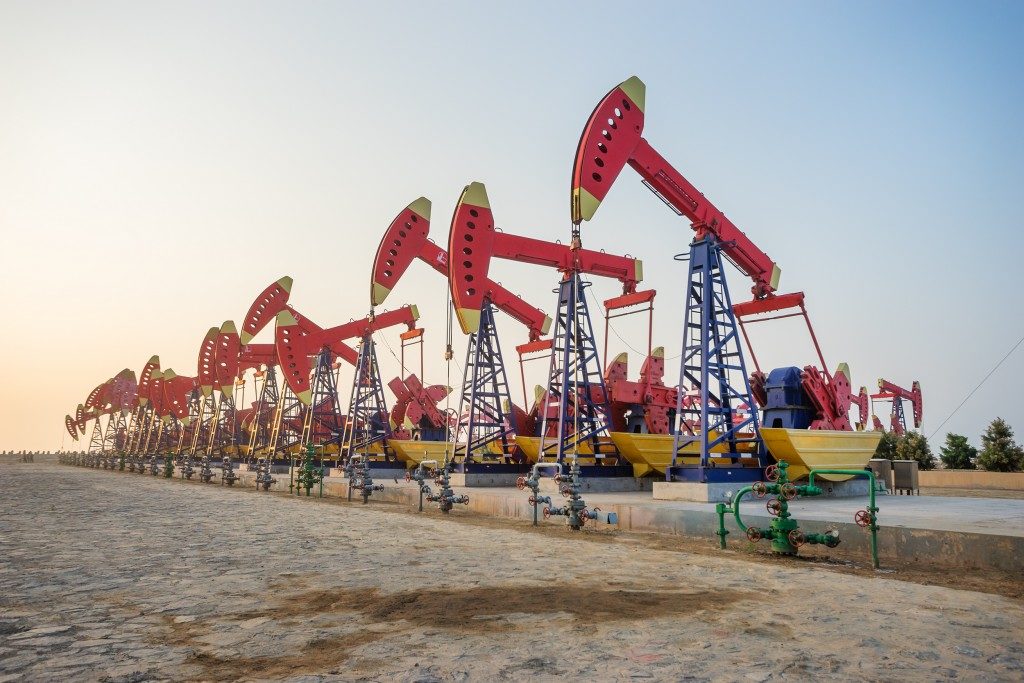Oil Drilling: The Way to Sustainable Industry Operations

Oil drilling is one of the most controversial topics in the world. On the one hand, however, oil drilling remains an absolute necessity for millions of people around the world.
A majority of livelihoods of those who live in oil-rich states like Oklahoma are dependent on the industry. Nations around the world who do not yet have the resources to make the shift towards more renewable sources of energy are likewise bound to the fortunes of oil giants.
On the other hand, the industry still has a reputation widely synonymous with the destruction of the environment and climate. Companies and scientists are working overtime, therefore, are trying to find ways to reduce the negative impact of oil drilling on the planet and make their operations more sustainable.
Here are some of the positive developments made by the oil drilling industry towards sustainability:
Improvement in drilling techniques
Advancements in technology have led to more efficient and effective drilling tools and equipment. For example, satellite and locator technologies enable companies to precisely identify the locations of oil deposits before drilling begins. Using them eliminates the need to drill multiple or repeated holes, which is both time consuming and environmentally damaging.
Additionally, there have also been improvements in drilling techniques; drillers can now access multiple wells from a single pad without having to drill repeatedly. Companies have also learned how to plug up wells below ground, thus restoring the surroundings to their natural condition instead of further ruining and polluting the area.
Rise of resource alternatives

Another innovation in terms of drilling equipment is the introduction of water-powered equipment. Unlike traditional kinds of drilling equipment, oil and dust are not released onto the ground or into the air. Instead, only the consumed water, which is used to increase the pressure underground and extract the oil, will be discharged. This water is completely safe and does not pollute the soil.
Moreover, a gel-like fluid containing propane can be used to separate sand from the crude oil. The technique utilizes a minimal amount of water, so drillers can reduce water waste that result from their operations.
Reduction of road construction
A drilling site typically needs to be constructed from scratch at any location where there is an oil deposit. The endeavor also means the construction of roads to transport the necessary construction materials and equipment. Drilling companies will need to clear trees and forest cover in the process, disrupting the local ecosystem.
Drillers are now opting to fly the construction materials in bulk instead. With this method, they eliminate the need to construct new roads and helps preserve the surroundings.
More responsible ways of dealing with waste
The production and release of toxic waste are significant points against the oil drilling industry. So, oil companies allot their resources to finding ways to ensure that no toxic waste gets released into the environment. Some of the solutions currently in place include reusing drilling fluids to stimulate the flow of oil or using lined waste pits to prevent any toxic leaks.
There is still a lot of work to be done to ensure that the environment remains unharmed in the oil drilling process. By adopting the measures listed above, however, companies not only reduce their negative environmental impact but also make their operations more efficient.




